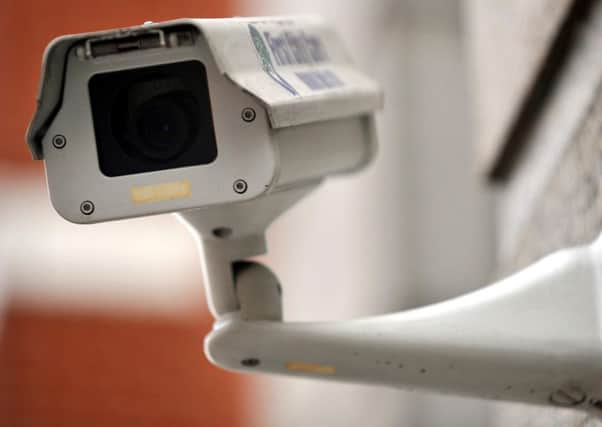Scarborough Borough Council cuts budget for CCTV cameras by tens of thousands of pounds


The Local Government Association says surveillance cameras play “a vital role” in keeping communities safe, both on the streets and in the courtroom.
In the 2019-20 financial year, Scarborough Borough Council will invest £221,000 in CCTV, figures from the Ministry of Housing, Communities and Local Government show.
Advertisement
Hide AdAdvertisement
Hide AdThis is a ‘net figure, which is the total amount spent, minus any income the council makes.
This year, the cost of surveillance is set to be 12% lower than in 2017-18, when the council reported a net spend of £251,000.
That year, the council spent £371,000 on installing and maintaining surveillance systems, and brought in £120,000 in income.
Local authorities can make money from CCTV by charging other organisations, such as hospitals or private companies, to use the existing network of cameras and operation rooms.
Advertisement
Hide AdAdvertisement
Hide AdThe LGA said councils prioritise investment in CCTV where possible, and argued that a good network of cameras can have wide-reaching benefits.
Simon Blackburn, chairman of the LGA’s Safer and Stronger Communities board, said: “Public surveillance cameras have helped bring criminals to justice, increased conviction rates after crimes are detected, and are an important tool in tracking terrorist suspects.
“CCTV protects the public by dissuading crime and anti-social behaviour, assisting police officers on the ground and supporting prosecutions.”
Surveillance Camera Commissioner Tony Porter, who works with the Home Office to regulate the use of CCTV cameras, said that there is not much to suggest that CCTV is an effective deterrent for criminals.
Advertisement
Hide AdAdvertisement
Hide AdHe said: “However, the evidence that it supports investigations is overwhelming. It is used by police in 99% of homicide investigations and all counter-terrorism operations.
The societal value of CCTV cameras is difficult to measure, said Mr Porter, but they are most useful in the courtroom, where an early resolution to a major crime could save the taxpayer millions.
He added: “In 2014, local authorities were questioning the use and value of analogue CCTV. Now, with improved technology and connectivity, they have a much more enhanced capability.”
Across England, a net £54.3m has been allocated to CCTV systems by local authorities for the 2019-20 financial year, up 5% on 2017-18.
That year, councils reported a total income of more than £26m from surveillance cameras.